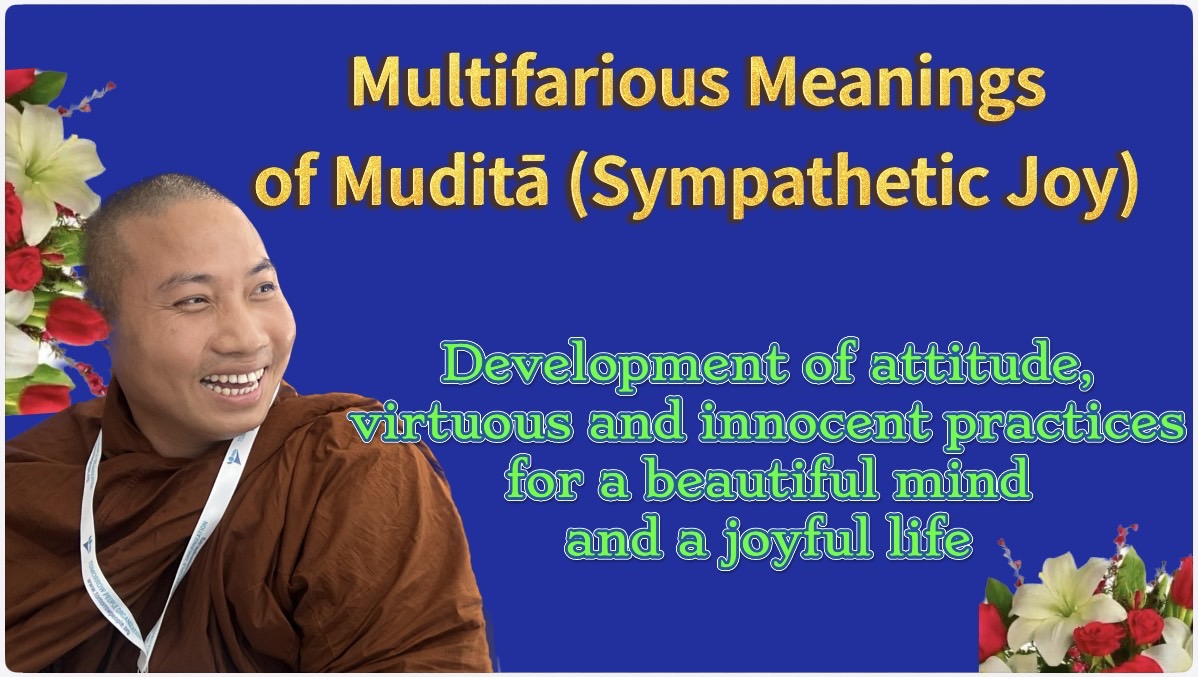Satisfaction & A Joyful Life
Satisfaction & A Joyful Life
- Article of ALOK MIND (Buddhist Psychology) No. 6.
- Author: Bhikkhu ALOKA (Arlawka)
- Published by ALOK MIND Foundation
- Issued: 8 September, 2024
- Introduction
The pursuit of a joyful life remains elusive for nearly half of the global population, with many struggling to find true happiness. This article explores the critical role of satisfaction, according to Buddha’s teachings, in promoting a joyful life. The tendency to compare oneself to others often leads to dissatisfaction, jealousy, envy, and negative emotions that block true happiness. By studying Buddhist scriptures like the Dhammapada and Dasuttara Sutta, as well as the notions of scholars, the article underscores that contentment and positive emotions are essential for achieving inner peace. True joy arises from focusing on one’s personal goals, practicing wise attention, and cultivating sympathetic joy. By reducing dissatisfaction related to factors such as position, physical condition, and opportunity, one can overcome the problems of negative competition and comparison that disturb a joyful life.






